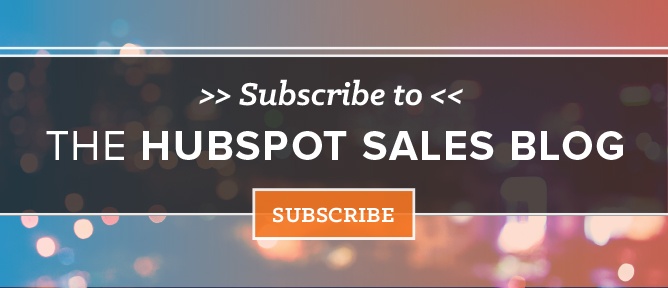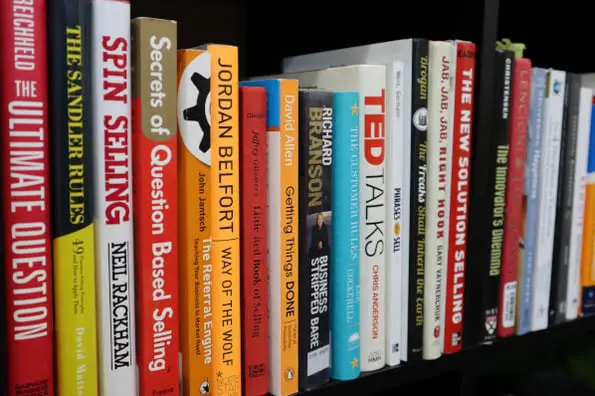

Books about sales -- the more of them you read, the more you notice how repetitive they can be.
While these books are valuable, becoming a true sales and marketing expert requires knowledge of more than just everyday techniques and efficient business practices. These days, we also need a well-rounded understanding of human psychology, economics, and perhaps a bit of game theory to raise us to the top of our profession.
So what non-sales books should be on reps' reading lists? Here are five excellent and not-so-salesy books that contain valuable advice and lessons for salespeople.
1) All Marketers Are Liars by Seth Godin
It’s a commonly held belief that there is something inherently dishonest about marketing. While it’s true in some cases, dishonest marketing is considered bad marketing -- not to mention it really doesn’t work in the long term.
In this book, Seth Godin presents a simple but salient message: Some marketers may be liars; some may be honest; but those who are most successful combine honesty with a compelling message.
Successful sales professionals understand the importance of telling a ripping yarn. However, Godin warns us that stories need to be authentic -- today’s informed buyers can quickly spot a charlatan. I highly recommend Godin’s entertaining and witty exposition of why authenticity is key.
2) Liar's Poker by Michael Lewis
Wall Street in the 1980s was certainly exciting. Spirits were high and if movies like “The Wolf of Wall Street” are anything to go by, so were the punters!
Michael Lewis was fresh out of Princeton and the London School of Economics when he landed a job at Salomon Brothers, one of Wall Street’s premier investment firms. During the next three years, Lewis rose from callow trainee to bond salesman, raking in millions for the firm and cashing in on a modern-day gold rush.
While most of us won’t (or don’t want to) find our way to Wall Street, this book is the next best thing -- a kind of travel documentary that gives great insight not just into what happened but how it felt. Come for the thrilling ride, but stay for the sobering moral.
3) Freakonomics by Steven D. Levitt and Stephen J. Dubner
Contemporary sales education emphasizes understanding the forces at play between companies and their customers, between seller and buyer, and also within the economy as a whole. To be excellent salespeople, we need to know what makes people and the systems they act within tick.
Steven Levitt and Stephen Dubner's seminal work Freakonomics was hugely popular and for good reason. The authors' excellent storytelling ability and wry insight paint a picture of economics as the study of incentives -- how people get what they want or need, especially when other people want or need the same thing.
While not directly related to sales, Freakonomics illuminates human and group psychology in a way that will no doubt inspire improvements in your sales technique.
4) How We Decide by Jonah Lehrer
Continuing on the subject of psychology, I highly recommend Lehrer’s neurological investigation of how people make decisions.
While we’ve been led to believe that decision making is either rational or emotional -- arriving at a choice after careful deliberation or on gut instinct -- Lehrer explains that our best decisions are actually a finely-tuned blend of both feeling and reason. And this can sometimes lead to bizarre results.
New sales techniques based on this research are already in use at certain companies, so it pays to know what they are and how you can use them to improve your sales success.
5) The Honest Truth About Dishonesty: How We Lie to Everyone -- Especially Ourselves by Dan Ariely
In The Honest Truth, behavioral economist Dan Ariely examines the contradictory forces that cause us to behave the way we do.
Again, understanding human behavior is an incredibly powerful skill for sales professionals, which is why it can be illumniating to learn what really drives people to lie, cheat, and steal. If nothing else, it's comforting to know that we are not hard-wired to do the wrong thing. For the most part, people wish to lead moral and ethical existences -- we’re just simply not all that good at it!
Yes, it’s hard sometimes to drag ourselves away from our laptops to find time to read a real book cover-to-cover, but it’s worth it. Get reading!










